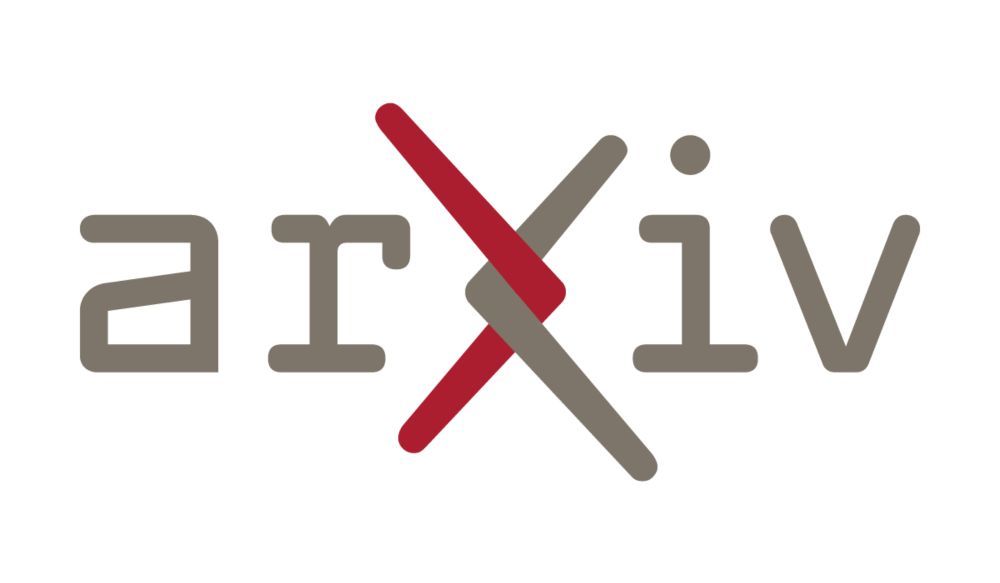


➡️ Register now: event.fourwaves.com/fr/thematics...
@glajoie.bsky.social @taylorwwebb.bsky.social @lampinen.bsky.social

🗓️ Schedule and speakers: ivado.ca/en/events/co...
📥 Registration: event.fourwaves.com/thematicseme...

🗓️ Schedule and speakers: ivado.ca/en/events/co...
📥 Registration: event.fourwaves.com/thematicseme...
osf.io/preprints/ps...
We ask: How do people learn multiple layers of environmental structure – w/o feedback – & how well do they *know* they’ve learned? Turns out, stimulus familiarity matters more than we thought! 🧵👇
osf.io/preprints/ps...
We ask: How do people learn multiple layers of environmental structure – w/o feedback – & how well do they *know* they’ve learned? Turns out, stimulus familiarity matters more than we thought! 🧵👇

@stefanofusi.bsky.social and I posted a preprint answering this question last year, and now it has been extensively revised, refocused, and generalized. Read more here: doi.org/10.1101/2024... (1/7)

@stefanofusi.bsky.social and I posted a preprint answering this question last year, and now it has been extensively revised, refocused, and generalized. Read more here: doi.org/10.1101/2024... (1/7)


➡️ Register now: event.fourwaves.com/fr/thematics...
@glajoie.bsky.social @taylorwwebb.bsky.social @lampinen.bsky.social

➡️ Inscriptions event.fourwaves.com/fr/thematics...
@glajoie.bsky.social @taylorwwebb.bsky.social @lampinen.bsky.social

➡️ Inscriptions event.fourwaves.com/fr/thematics...
@glajoie.bsky.social @taylorwwebb.bsky.social @lampinen.bsky.social

Introducing our new framework: MUPI (Embedded Universal Predictive Intelligence) which provides a theoretical basis for new cooperative solutions in RL.
Preprint🧵👇
(Paper link below.)

Introducing our new framework: MUPI (Embedded Universal Predictive Intelligence) which provides a theoretical basis for new cooperative solutions in RL.
Preprint🧵👇
(Paper link below.)
🚨Thrilled to share "Caption This, Reason That", a #NeurIPS2025 Spotlight! 🔦
Meet us at #2112, 3 Dec 11 a.m.
We analyze VLM limitations through the lens of Cognitive Science (Perception, Attention, Memory) and propose a simple "Self-Captioning" method that boosts spatial reasoning by ~18%.
🧵👇

🚨Thrilled to share "Caption This, Reason That", a #NeurIPS2025 Spotlight! 🔦
Meet us at #2112, 3 Dec 11 a.m.
We analyze VLM limitations through the lens of Cognitive Science (Perception, Attention, Memory) and propose a simple "Self-Captioning" method that boosts spatial reasoning by ~18%.
🧵👇
w/ @fepdelia.bsky.social, @hopekean.bsky.social, @lampinen.bsky.social, and @evfedorenko.bsky.social
Link: www.pnas.org/doi/10.1073/... (1/6)
w/ @fepdelia.bsky.social, @hopekean.bsky.social, @lampinen.bsky.social, and @evfedorenko.bsky.social
Link: www.pnas.org/doi/10.1073/... (1/6)
How does the complexity of this mapping change across LLM training? How does it relate to the model’s capabilities? 🤔
Announcing our #NeurIPS2025 📄 that dives into this.
🧵below
#AIResearch #MachineLearning #LLM

How does the complexity of this mapping change across LLM training? How does it relate to the model’s capabilities? 🤔
Announcing our #NeurIPS2025 📄 that dives into this.
🧵below
#AIResearch #MachineLearning #LLM
but is he really gonna seriously publish a new paper on this now, given all the AI hype & debates re: how unscientific some popular views on C are these days?
1/
but is he really gonna seriously publish a new paper on this now, given all the AI hype & debates re: how unscientific some popular views on C are these days?
1/


New study by @adriendoerig.bsky.social @freieuniversitaet.bsky.social with colleagues from Osnabrück, Minnesota and @umontreal-en.bsky.social
Read the whole story 👉 bit.ly/3JXlYmO

New study by @adriendoerig.bsky.social @freieuniversitaet.bsky.social with colleagues from Osnabrück, Minnesota and @umontreal-en.bsky.social
Read the whole story 👉 bit.ly/3JXlYmO
Recent neural networks capture properties long thought to require symbols: compositionality, productivity, rapid learning
So what role should symbols play in theories of the mind? For our answer...read on!
Paper: arxiv.org/abs/2508.05776
1/n

Recent neural networks capture properties long thought to require symbols: compositionality, productivity, rapid learning
So what role should symbols play in theories of the mind? For our answer...read on!
Paper: arxiv.org/abs/2508.05776
1/n



